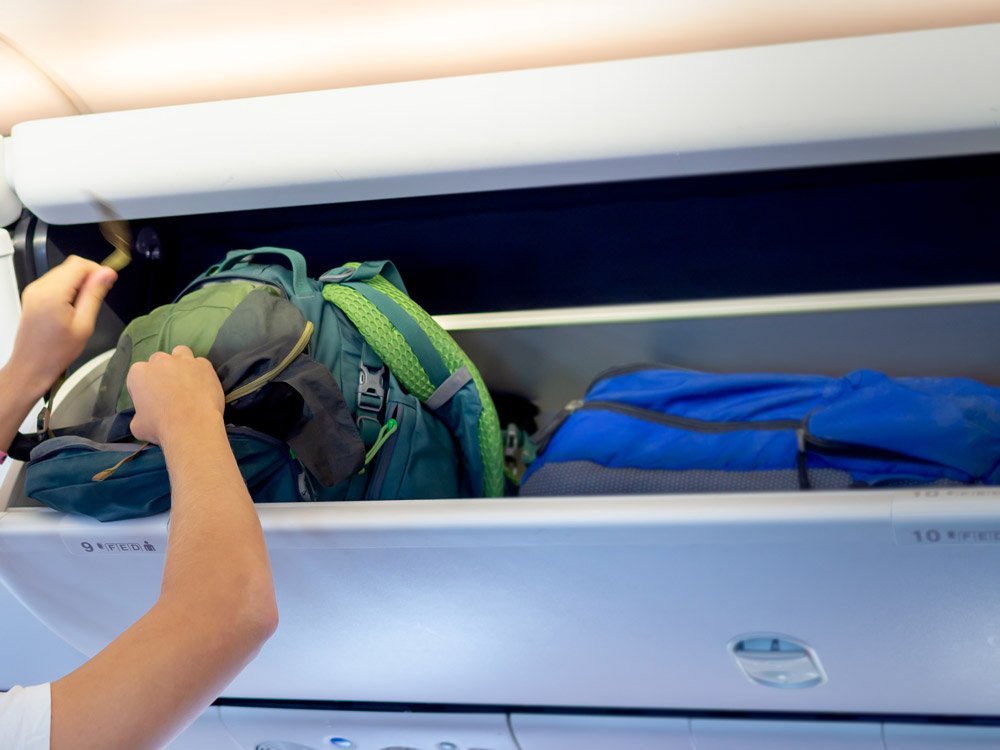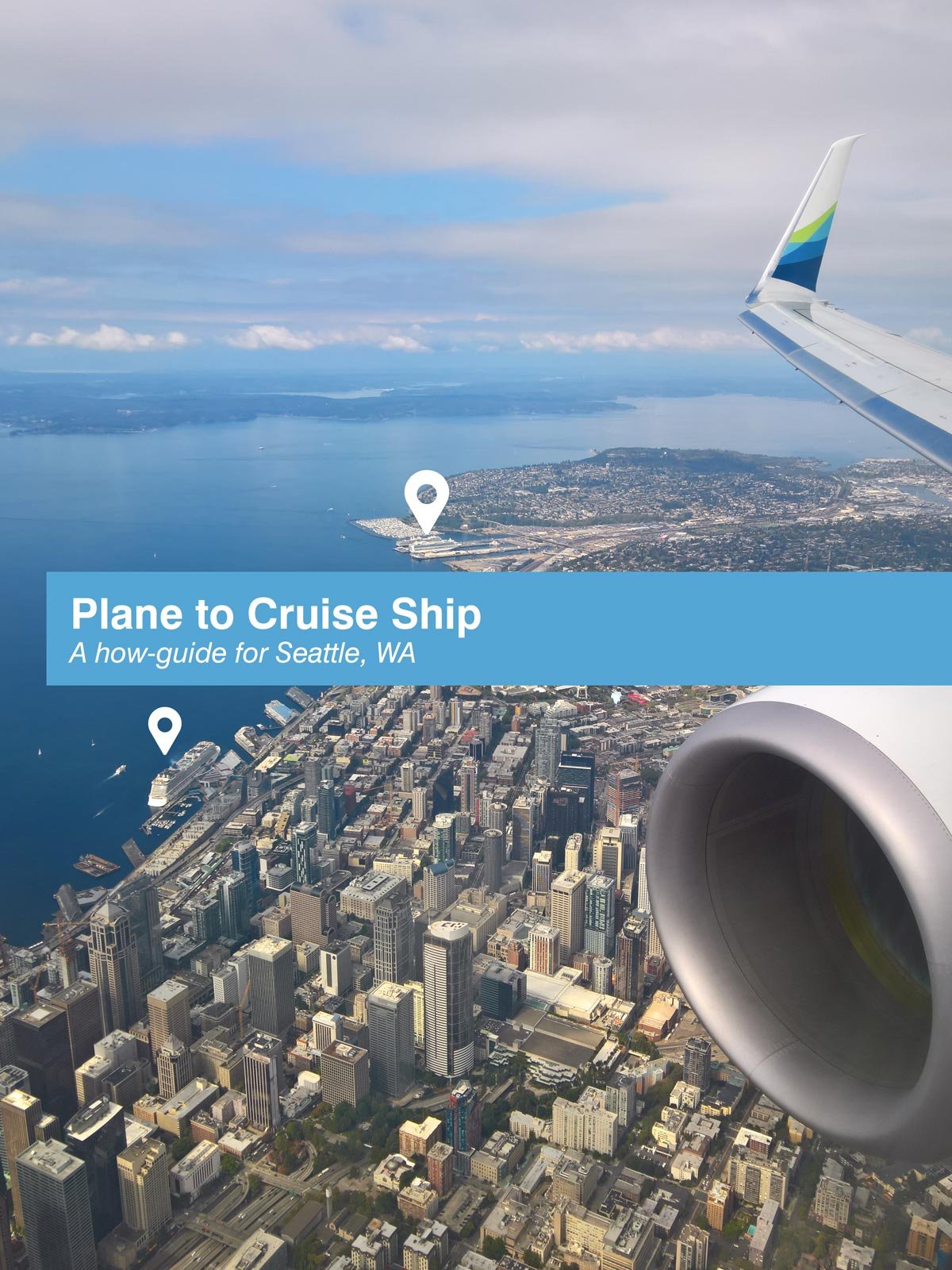Delta, American join United in eliminating most change fees - will Alaska and jetBlue follow?
American Airlines and Delta Air Lines Boeing 757 aircraft. The two airlines announced an elimination of most change fees.
Image: Flickr/airbus777 (CC BY 2.0)
ADVERTISEMENT
In a rapid development of events, Delta Air Lines and American Airlines announced on August 31, 2020, within quick succession of one another, that they too would be immediately eliminating most ticket change fees on U.S. Domestic flights. The moves come just one day after United announced it would be dropping change fees, effective immediately, on its domestic flights.
While the timing of how quickly the announcements followed United’s was perhaps a bit surprising, it could be argued that it was never a question of if it would happen, but just a question of when. As legacy carriers, Delta and American compete head-to-head with United in the same arena. So with the COVID-19 pandemic’s impacts on aviation and passenger traffic still lingering on with brute force, airlines these days are competing for every passenger they can get. Therefore, it makes sense that Delta and American had to quickly make policy changes to remain competitive with United.
Largest Airlines Have Eliminated Change Fees
With the four largest airlines in the United States (American, United, Delta, and Southwest) now without domestic change fees, it will be interesting to see whether this move will continue to cascade down the line with Alaska Airlines and jetBlue Airways, the nation’s fifth and sixth largest carriers, respectively. Alaska and jetBlue compete in the low-cost carrier space, but are often viewed more as “premium” low-cost carriers that compete for some of the same passengers traditional legacy carriers, in addition to competing with Southwest. It almost seems inevitable that something will need to give soon.
Will Ultra Low-Cost Carriers Follow Suit?
As far as ultra low-cost carriers (Allegiant, Frontier, and Spirit) go, it does not seem likely that this group of airlines will drop change fees. The ultra-low cost carrier revenue model is built on the principle of ala carte pricing, where passengers pick and choose the services they desire. Eliminating change fees, and therefore a significant chunk of ancillary revenue, at ultra-low cost carriers would undoubtedly impact their finances in significantly different ways than at legacy carriers.
Basic Economy Change Fees Remain
The elimination of domestic change fees at Delta and American apply to most of their ticket classes, with Basic Economy being the exception. However, perhaps as a potential to boost revenue, American Airlines announced it would be loosening some restrictions on its Basic Economy fare class, providing those ticket holders an opportunity to purchase seat upgrades, priority boarding, and same-day confirmed flight changes. In addition, American’s elite status flyers will also get their normal upgrade and flight change benefits even if they are flying on a Basic Economy ticket.
Up until the pandemic, it seemed that airlines were on a proverbial “race to the bottom”, constantly outdoing one another with cost cuts, introducing basic economy fares, and boosting ancillary revenue generation. However, the stakes have changed in 2020, and the pandemic seems to have a triggered a “race to the top” in a fierce battle for airlines to win every customer they can get out of a severely smaller pool of passengers.
Related Content









